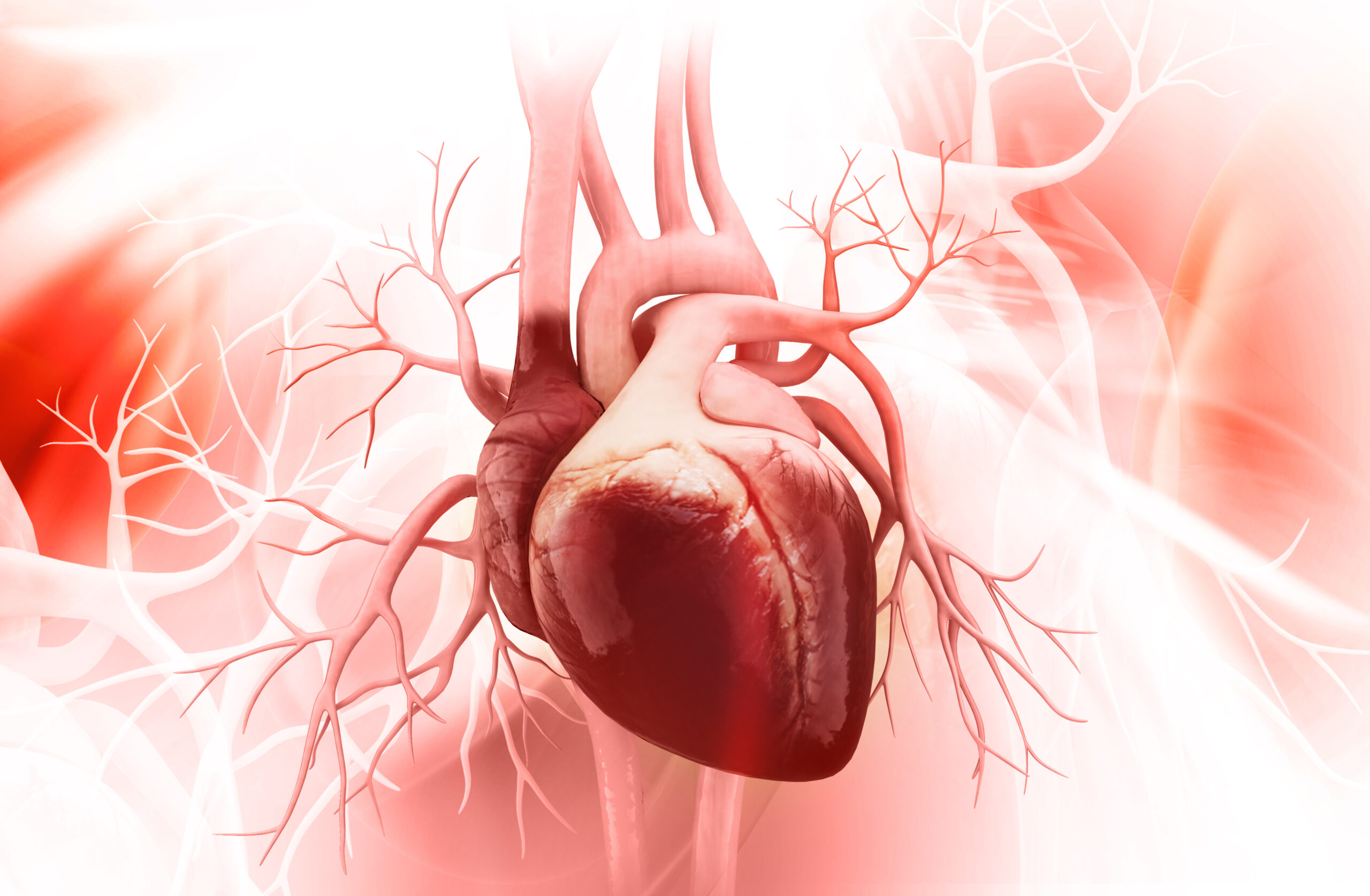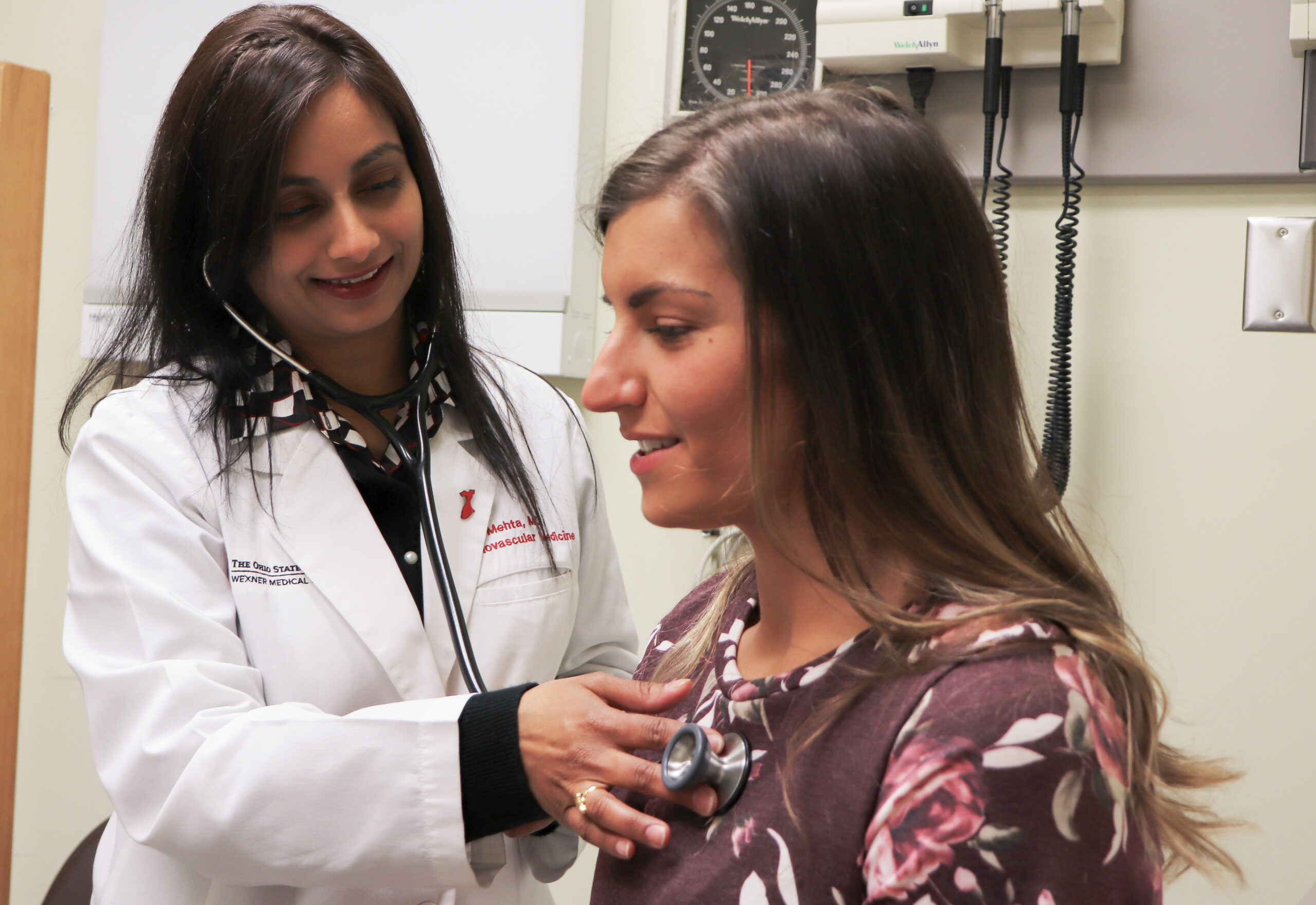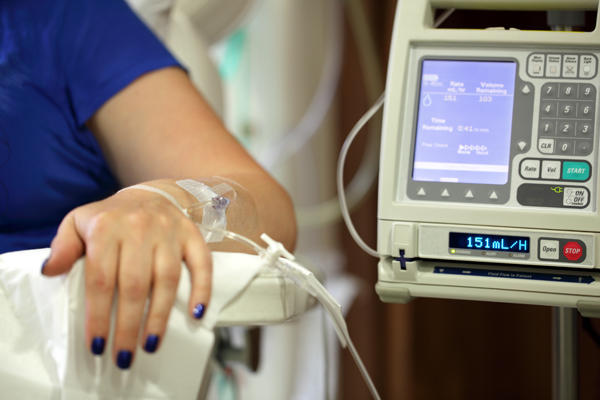The most common type of cardiomyopathy is also one of the most mysterious — while nearly one-third of dilated cardiomyopathy cases are caused by inherited genetic mutations, scientists still aren’t sure how they cause cardiac dysfunction. But now, researchers from Stanford University have uncovered how one mutation affects the expression of many genes, and how cancer drugs might be able to correct this.
The team studied patient-derived cells that carried a mutation in a gene that codes for lamin, a component of a cell’s nuclear envelope that separates DNA from the rest of the cell’s contents. At first, it wasn’t apparent to lead author, Dr. Joseph Wu, how a nuclear protein was linked to heart disease.
He told Stanford Medicine News Center, “Why would a mutation in a nuclear envelope protein not involved in squeezing of the heart, such as sarcomere protein, or in electrophysiology of the heart, such as an ion channel, lead to dilated cardiomyopathy?”
A lamin gene mutation is one of over 30 mutations associated with familial dilated cardiomyopathy, a deadly condition in which the heart no longer pumps properly as its muscle grows thin and weak.
In the new paper published in Nature, the researchers show that the lamin gene mutation leads to cardiac dysfunction by altering the gene-activation patterns of the platelet-derived growth factor (PDGF) pathway. This pathway was abnormally active only in cells derived from patients with dilated cardiomyopathy.
The PDGF pathway is also involved in other diseases like cancers. Indeed, several experimental anti-cancer drugs work by blocking the PDGF pathway. Two of these drugs, crenolanib and sunitinib, successfully restored normal cardiac rhythm in cells derived from dilated cardiomyopathy patients.
Crenolanib is still being evaluated in clinical trials for the treatment of acute myeloid leukemia and a certain form of gastrointestinal stromal tumors (GIST), according to manufacturer, Arog Pharmaceuticals. Sunitinib, sold as Sutent by Pfizer, is US Food and Drug Administration (FDA) approved to treat renal cell carcinoma, GIST and a rare type of pancreatic cancer.
The new research suggests that these cancer drugs could be repurposed to treat dilated cardiomyopathy. However, some cancer drugs, including crenolanib and sunitinib, may have some damaging effects on the heart.
The team will need to identify the optimal dose which adequately blocks the PDGF pathway without worsening cardiac function. With the role of the PDGF pathway in dilated cardiomyopathy coming into focus, scientists may develop more effective treatments for this deadly disease.












Join or login to leave a comment
JOIN LOGIN